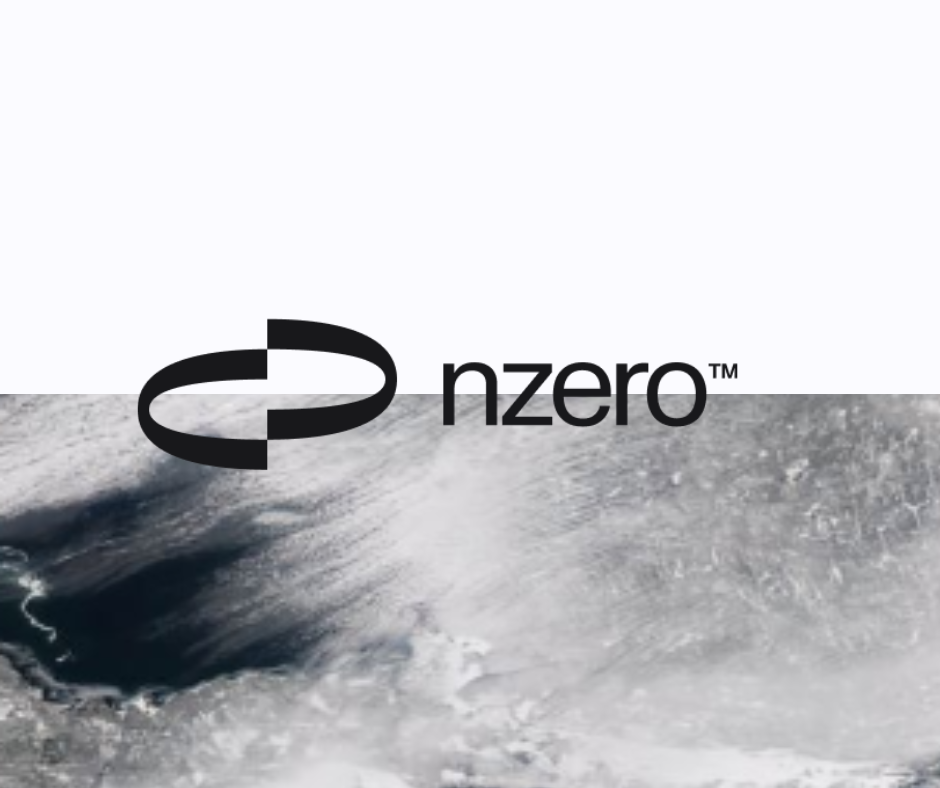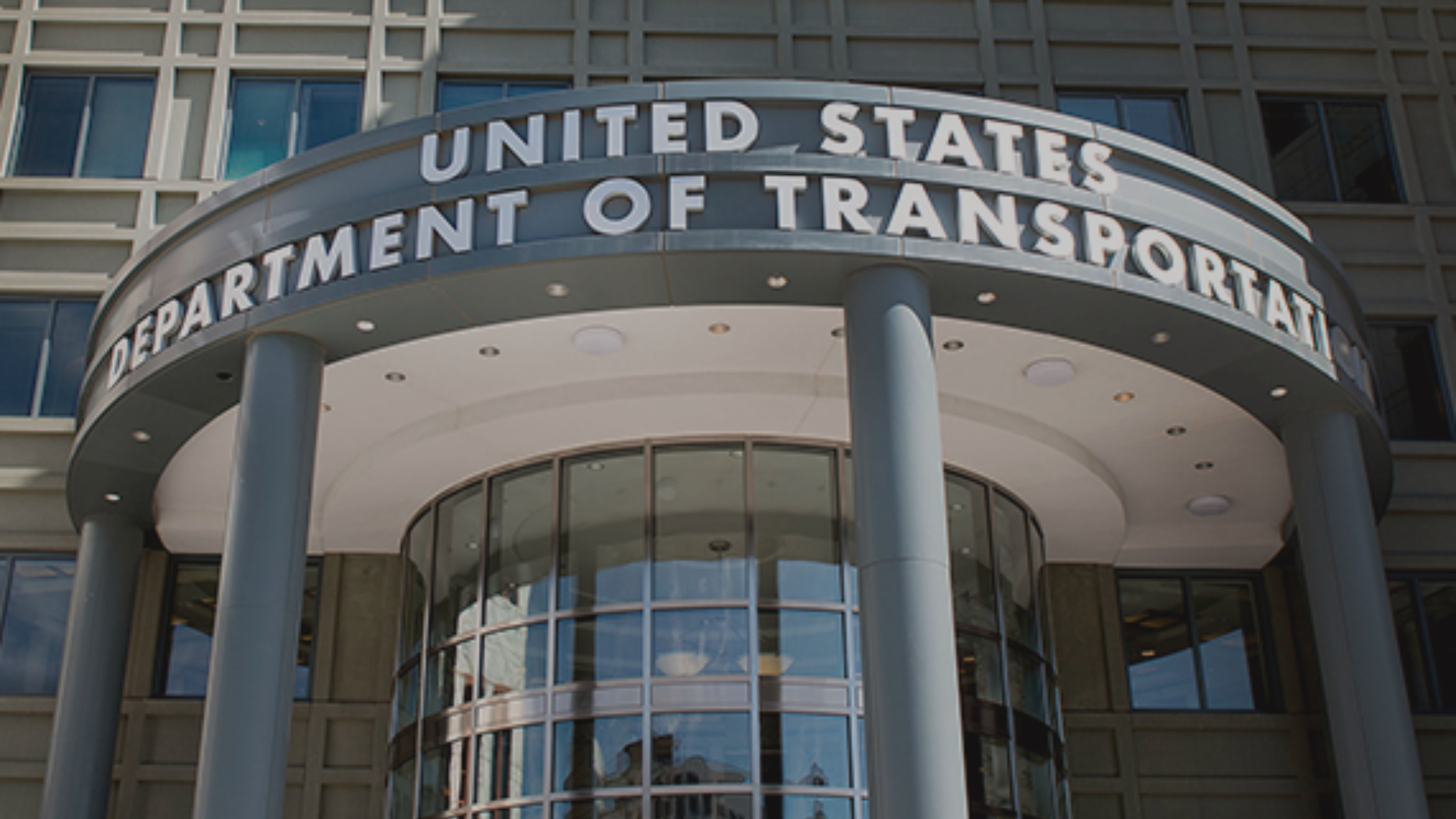Key Components of the UK SRS Framework
At its core, the UK SRS incorporates the IFRS S1 (General Requirements for Disclosure of Sustainability-related Financial Information) and IFRS S2 (Climate-related Disclosures) developed by the ISSB, which was established under the IFRS Foundation in response to demands from investors and regulators for clear and comparable ESG data.
The UK SRS framework will require companies to disclose:
- Governance over sustainability-related risks and opportunities.
- Strategy and how climate risks and opportunities affect business models and strategy.
- Risk management processes for identifying and managing sustainability risks.
- Metrics and targets, including Scope 1, Scope 2, and where material, Scope 3 emissions, along with targets used to manage sustainability risks.
Crucially, these disclosures must be integrated into the annual financial report and subject to assurance, enhancing the credibility of reported data. The standards also support double materiality, meaning companies must assess both how sustainability issues affect them financially and how their operations affect the environment and society.
Implications for Global and UK-Listed Companies
The UK SRS will have direct implications for UK-incorporated companies, especially Public Interest Entities (PIEs) such as listed companies, banks, and insurance firms. However, multinational corporations headquartered elsewhere but operating in the UK, or raising capital from UK investors, will likely need to align their disclosures with the UK SRS to meet stakeholder expectations and avoid regulatory scrutiny.
The FRC and FCA (Financial Conduct Authority) will work jointly to oversee adoption, with a phased implementation likely based on company size and sector. Companies already reporting under the Task Force on Climate-related Financial Disclosures (TCFD) framework or preparing for EU’s Corporate Sustainability Reporting Directive (CSRD) may find some alignment, as the ISSB standards were designed to build on TCFD principles. However, differences in materiality definitions and scope (particularly around Scope 3 emissions) may require adjustments.
Moreover, firms listed on both the London Stock Exchange and European markets will need to ensure interoperability between UK SRS, EU ESRS, and potentially SEC climate rules in the U.S. This increases the demand for harmonized ESG data collection systems and internal governance structures that can support multi-jurisdictional compliance.







